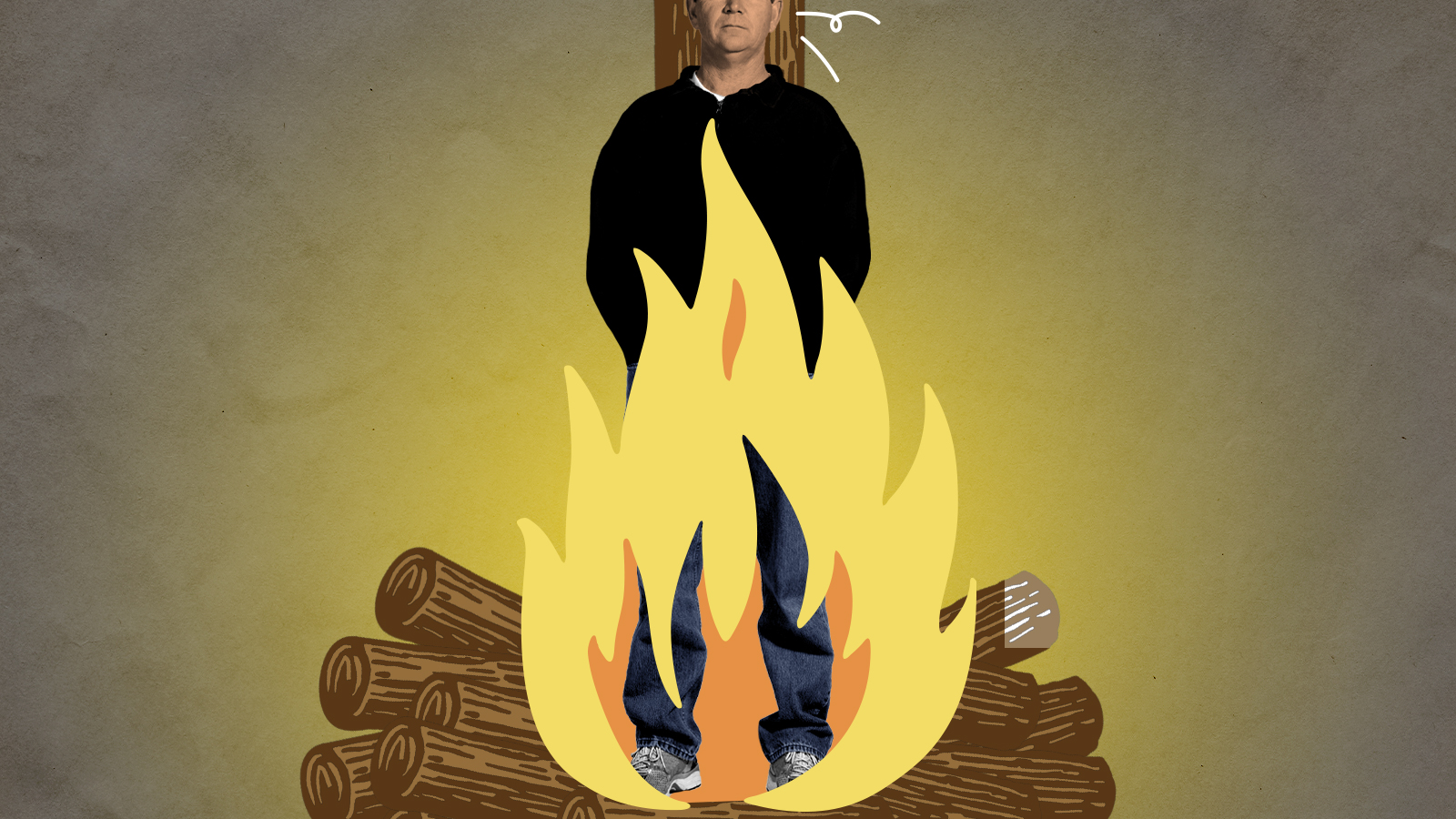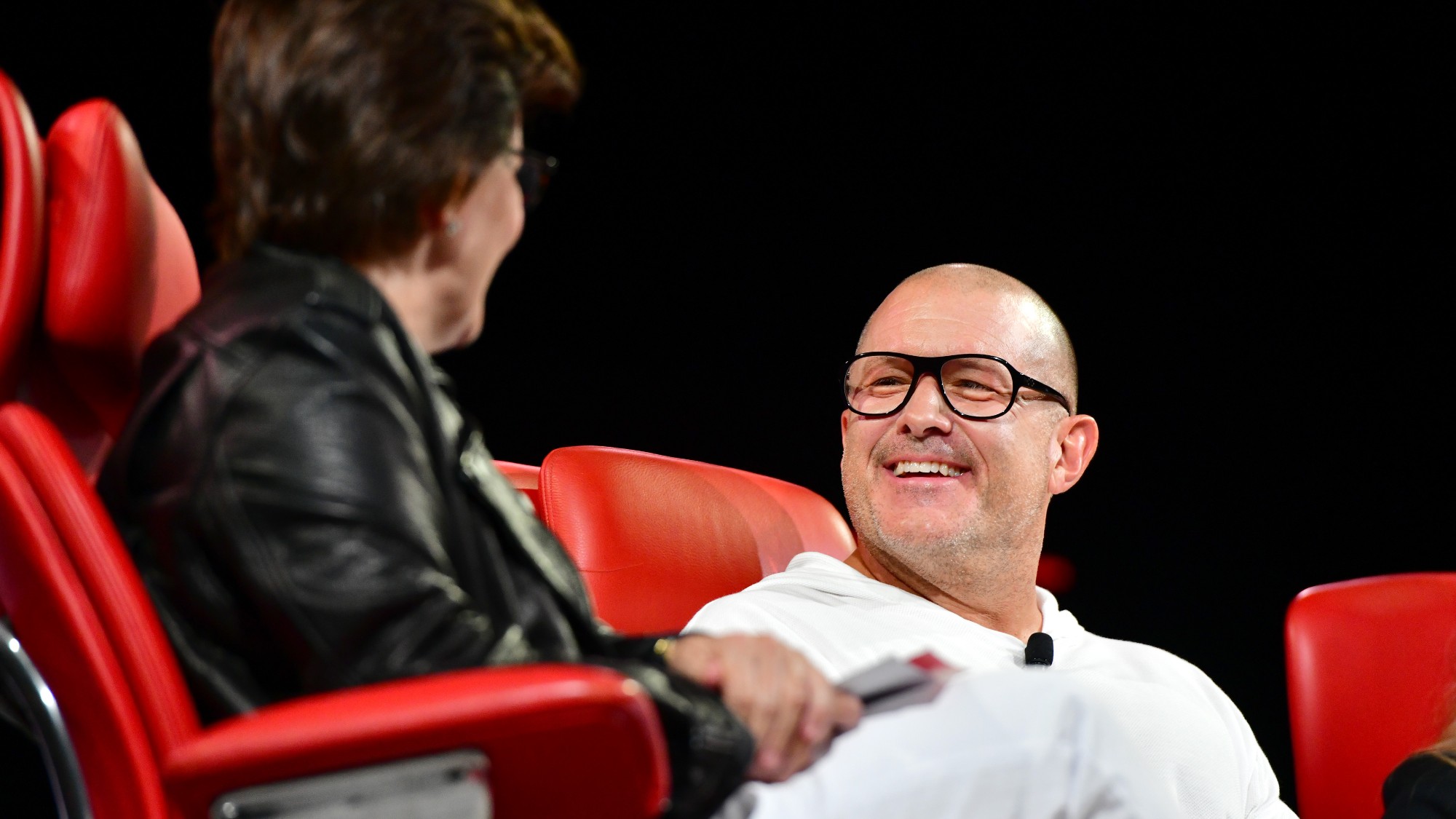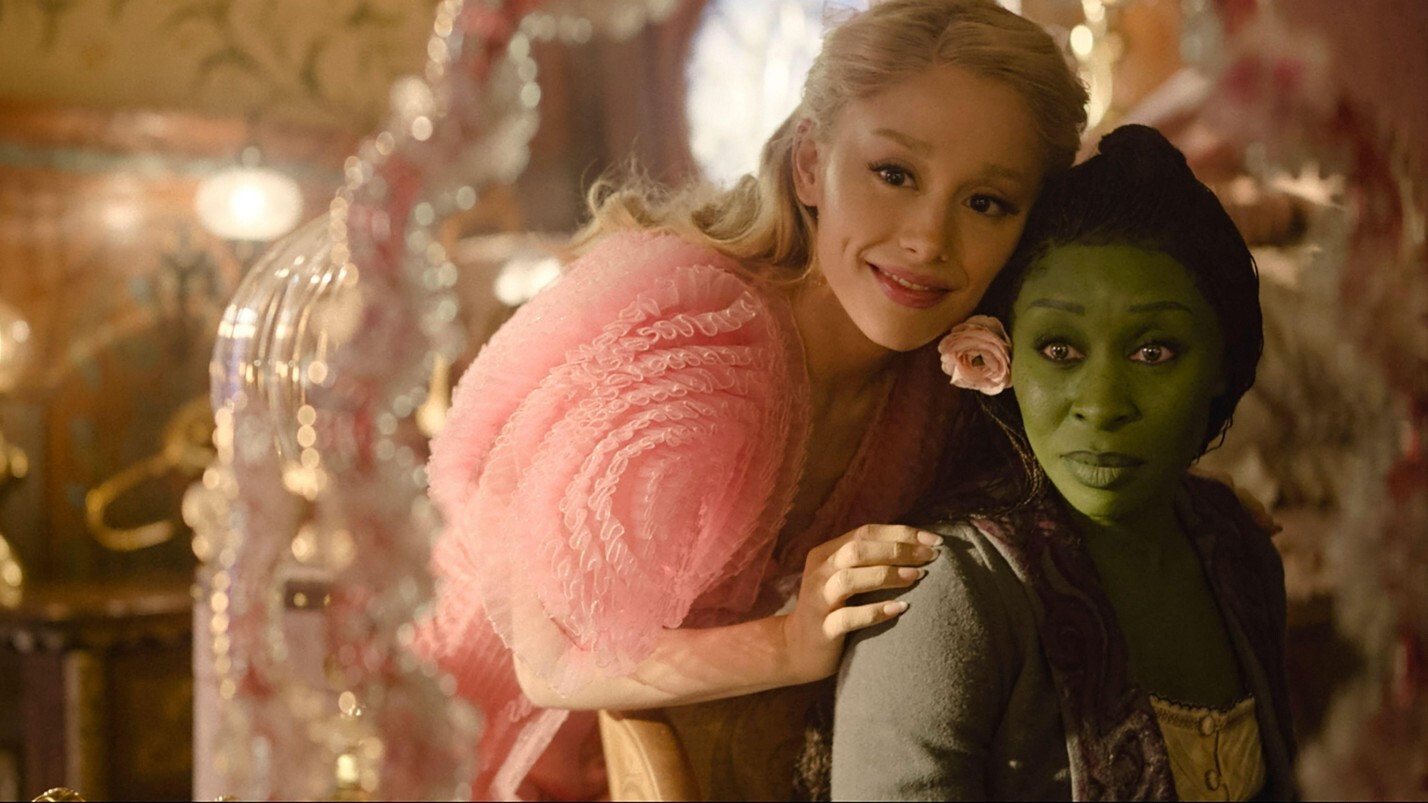Is 'cancel culture' really so bad?


A free daily email with the biggest news stories of the day – and the best features from TheWeek.com
You are now subscribed
Your newsletter sign-up was successful
Are critics of progressive "woke" trends in American cultural institutions sometimes guilty of exaggerating the threat they pose to freedom in the United States? Absolutely. And so Michelle Goldberg has a point in her latest column in The New York Times. A writer getting fired for a politically incorrect tweet or a public lecture being canceled because the speaker once expressed views that trigger a faction of college students isn't a re-enactment of China's Cultural Revolution or the advent of "soft totalitarianism" in the 21st-century United States.
But neither are such reactions reducible, as Goldberg claims, to mid-career writers feeling grumpy about "new social mores that demand outsized sensitivity to causing harm" and the "shame of turning into the sort of old person repelled by the sensibilities of the young."
The column's headline paraphrases this argument as an attempt to trace the "cancel-culture panic" to "middle-aged sadness." As a middle-aged man prone to bouts of sadness who's also quite critical of the wokefication of American culture, I seem to confirm Goldberg's claim. But I don't think that's sufficient to explain the phenomenon.
The Week
Escape your echo chamber. Get the facts behind the news, plus analysis from multiple perspectives.

Sign up for The Week's Free Newsletters
From our morning news briefing to a weekly Good News Newsletter, get the best of The Week delivered directly to your inbox.
From our morning news briefing to a weekly Good News Newsletter, get the best of The Week delivered directly to your inbox.
For one thing, the young people leading the woke charge are not the official spokespeople for their generation. That's undoubtedly how they'd like to see themselves. But it's more accurate to describe them as a faction of elite-college-educated left-wing activists vying for cultural power primarily through displays of performative righteousness on social media. By accepting the validity of their self-justifications — We Are the Future! — Goldberg ends up giving their power grab a boost.
That's unfortunate, among other reasons because there's another aspect of the cancel-culture trend that Goldberg doesn't mention, which is that it's a two-way street. A few hundred 20-somethings ranting on Twitter would be an irrelevancy were it not for the fact that the people in positions of power in corporations, universities, media companies, and nonprofits (usually middle-aged liberals) tend to capitulate so quickly and abjectly at the first sign of online trouble.
Describing this as the second coming of the Khmer Rouge may be ridiculous. But it's not at all inapt to note parallels between a feckless response to fevered accusations and the puritanical psychosocial dynamics of the Salem Witch Trials (without the penalty of death, obviously). Those fabeled trials were, of course, fueled by the young's frenzied denucation of the accused — as well as by validation of the accusations on the part of middle-aged members of the community who should have known better.
I would welcome a Goldberg column on this subject that didn't merely concede these points on the way to striking a blow against the critics of cancel culture. We desperately need more liberals to take a forthright stand, defending liberalism without hesitation or apology against its youthful despisers.
A free daily email with the biggest news stories of the day – and the best features from TheWeek.com
Damon Linker is a senior correspondent at TheWeek.com. He is also a former contributing editor at The New Republic and the author of The Theocons and The Religious Test.
-
 AI surgical tools might be injuring patients
AI surgical tools might be injuring patientsUnder the Radar More than 1,300 AI-assisted medical devices have FDA approval
-
 9 products to jazz up your letters and cards
9 products to jazz up your letters and cardsThe Week Recommends Get the write stuff
-
 ‘Zero trimester’ influencers believe a healthy pregnancy is a choice
‘Zero trimester’ influencers believe a healthy pregnancy is a choiceThe Explainer Is prepping during the preconception period the answer for hopeful couples?
-
 Is a social media ban for teens the answer?
Is a social media ban for teens the answer?Talking Point Australia is leading the charge in banning social media for people under 16 — but there is lingering doubt as to the efficacy of such laws
-
 Why are American conservatives clashing with Pope Leo?
Why are American conservatives clashing with Pope Leo?Talking Points Comments on immigration and abortion draw backlash
-
 Questions abound over the FAA’s management of Boeing
Questions abound over the FAA’s management of BoeingTalking Points Some have called the agency’s actions underwhelming
-
 'Immigrant' Superman film raises hackles on the right
'Immigrant' Superman film raises hackles on the rightTALKING POINT Director James Gunn's comments about the iconic superhero's origins and values have rankled conservatives who embrace the Trump administration's strict anti-immigrant agenda
-
 Disney is still shielding Americans from an episode of 'Bluey'
Disney is still shielding Americans from an episode of 'Bluey'Talking Points The US culture war collides with a lucrative children's show
-
 Jony Ive's iPhone design changed the world. Can he do it again with OpenAI?
Jony Ive's iPhone design changed the world. Can he do it again with OpenAI?Talking Points Ive is joining OpenAI, hoping to create another transformative piece of personal technology. Can lightning strike twice?
-
 Is method acting falling out of fashion?
Is method acting falling out of fashion?Talking Points The divisive technique has its detractors, though it has also wrought quite a few Oscar-winning performances
-
 Wicked fails to defy gravity
Wicked fails to defy gravityTalking Point Film version of hit stage musical weighed down by 'sense of self-importance'
